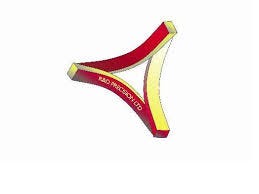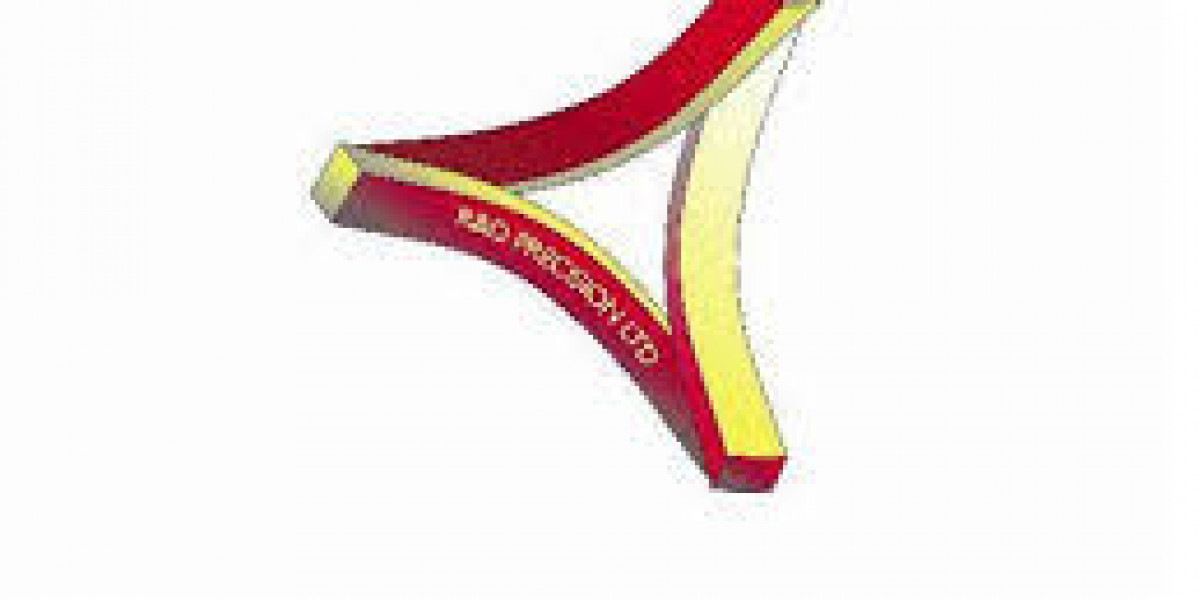When it comes to precision engineering, the choice of materials plays a critical role in determining the performance, durability, and quality of the final product. At R&D Precision, material selection is more than just a step in the process — it’s the foundation of exceptional craftsmanship. With years of expertise in precision machining, fabrication, and component design, R&D Precision works with a wide variety of high-quality materials, including brass, stainless steel, aluminium, and many more, to deliver superior results across industries.
In this blog, we explore the key materials at R&D Precision, their unique properties, and how they contribute to producing reliable, high-performance components.

Why Material Selection Matters in Precision Engineering
Choosing the right material is essential for achieving the desired level of strength, accuracy, and functionality in engineered components. Every project has its own set of requirements — some demand corrosion resistance, others need high strength-to-weight ratios, while some prioritize cost efficiency.
At R&D Precision, the team understands that material compatibility directly affects product quality and lifespan. That’s why they carefully evaluate each material’s mechanical, chemical, and thermal characteristics before starting production. The result? Products that meet exact specifications and perform flawlessly under the toughest conditions.
Brass — The Perfect Blend of Strength and Machinability
Among the various materials at R&D Precision, brass stands out for its exceptional machinability and versatility. Composed mainly of copper and zinc, brass is known for its smooth surface finish, low friction, and corrosion resistance.
It is widely used in precision components such as:
- Fittings and connectors
- Valves and couplings
- Electrical components
R&D Precision values brass for its ability to maintain dimensional stability and achieve tight tolerances during the machining process. Whether it’s for industrial, plumbing, or electrical applications, brass provides a balance of performance and cost-effectiveness that makes it a preferred choice.
Stainless Steel — Durability and Corrosion Resistance
Stainless steel is one of the most reliable materials for demanding applications. Its strength, resistance to rust, and ability to withstand extreme environments make it an ideal choice for industries such as medical, automotive, aerospace, and food processing.
At R&D Precision, various grades of stainless steel — including 304, 316, and 410 — are used depending on project requirements. Each grade offers distinct advantages:
- 304 Stainless Steel — Excellent corrosion resistance, ideal for general use.
- 316 Stainless Steel — Superior resistance to saltwater and chemicals, used in marine and pharmaceutical applications.
- 410 Stainless Steel — High hardness and wear resistance, perfect for tools and fasteners.
These materials at R&D Precision ensure long-lasting, reliable products that maintain integrity even in harsh environments.
Aluminium — Lightweight and Versatile
Another key material in R&D Precision’s portfolio is aluminium. Renowned for being lightweight yet strong, aluminium offers excellent machinability and corrosion resistance. It’s particularly valued in industries like aerospace, automotive, and electronics, where reducing weight without compromising strength is critical.
R&D Precision utilizes aluminium alloys to produce:
- Structural components
- Housings and brackets
- Aerospace parts
Its ability to dissipate heat efficiently also makes aluminium suitable for heat exchangers and cooling systems. By leveraging aluminium’s unique characteristics, R&D Precision delivers parts that enhance efficiency and reduce operational costs.
Copper, Bronze, and Other Specialty Materials
Beyond brass, stainless steel, and aluminium, R&D Precision works with a range of specialty materials such as copper, bronze, titanium, and plastics. Each of these materials is selected based on specific project needs:
- Copper — Excellent electrical conductivity for electrical and electronic components.
- Bronze — High wear resistance, ideal for bushings and bearings.
- Titanium — Exceptional strength-to-weight ratio for aerospace and medical uses.
- Engineering plastics — Used for lightweight, non-corrosive, and cost-effective components.
By offering such diverse materials at R&D Precision, the company ensures that clients from various sectors receive the most suitable and efficient solutions for their applications.
Quality Assurance in Every Material
Material quality is only as good as the processes that shape it. R&D Precision employs advanced inspection techniques and testing methods to ensure that every component meets rigorous quality standards. From raw material selection to final inspection, their commitment to precision and excellence remains uncompromised.
Each batch of material is sourced from trusted suppliers, accompanied by detailed certifications to verify composition and mechanical properties. This level of diligence allows R&D Precision to maintain consistency, reliability, and performance across every project.
Conclusion
The success of precision engineering depends heavily on the materials used. By combining expert craftsmanship with a deep understanding of material science, R&D Precision continues to set benchmarks in the industry. Whether it’s brass for fittings, stainless steel for durability, or aluminium for lightweight applications, the range of materials at R&D Precision ensures superior results across all manufacturing projects.
With a commitment to quality, innovation, and performance, R&D Precision is the trusted partner for businesses seeking excellence in every component.








